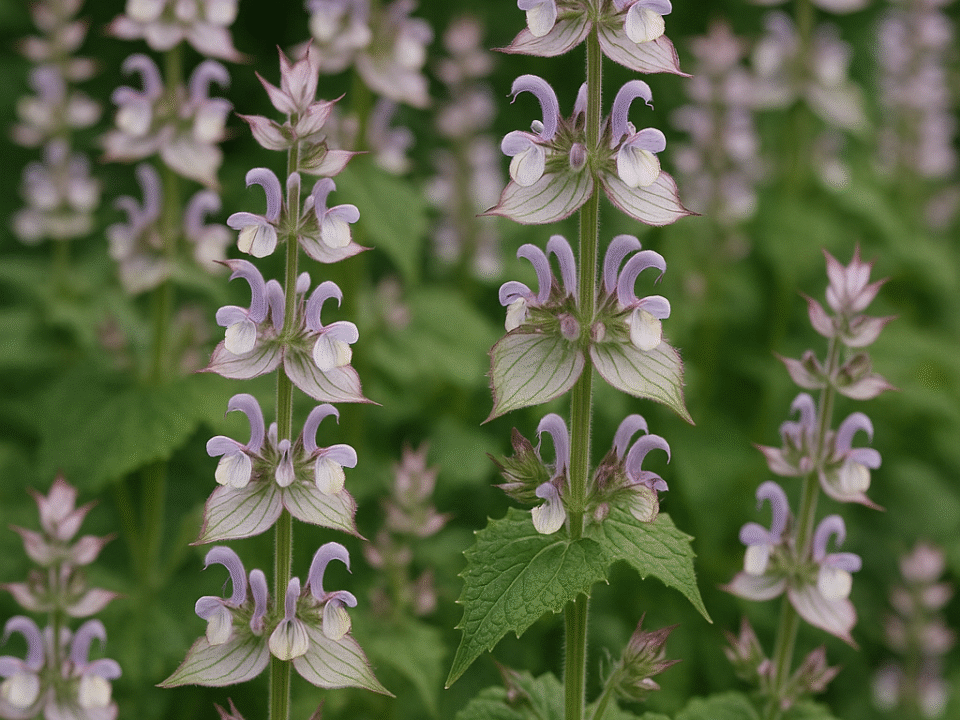
Basil, commonly known as great basil, belongs to the Lamiaceae family (mints) and is renowned as a culinary herb used globally. Originating in tropical regions from Central Africa to Southeast Asia, basil is a tender plant, particularly sensitive to cold, thriving in hot, dry conditions. It is an annual plant in areas prone to frost. Despite this sensitivity, basil’s popularity has led to its cultivation worldwide, especially in Mediterranean countries, temperate zones, and subtropical climates.
Historically, basil emerged as a medicinal herb in India, regarded as sacred by Hindus. Its reverence extends back to Ancient Greece, where it was equally esteemed. The name ‘basil’ originates from Latin and Greek, meaning “royal herb” or “royal plant.” Over time, basil has become a significant element in various religious rituals, sometimes used as protective oil against evil spirits and recognized for its mood-lifting and mental strain alleviating properties.
The essential oil of basil is obtained through steam distillation, a popular method that vaporizes the plant’s volatile compounds to produce a pure essential oil. This oil is a valuable addition to skincare routines, known for balancing skin oil levels, evening skin tone, and alleviating irritation and itchiness. It is also effective for treating minor cuts and scrapes.
As a natural skin enhancer, basil essential oil revitalizes dull skin through its exfoliating and toning properties, promoting a radiant complexion. It nourishes the skin, balancing oil production, reducing acne, and moisturizing, thereby enhancing skin resilience.
Addressing dry and rough skin, basil is an ingredient in various skin creams. However, for those preferring organic solutions, combining basil with a carrier oil for application on the arms and neck is beneficial.
While there is debate over basil oil’s effectiveness in treating acne, its role in alleviating acne symptoms is widely recognized, with even basil leaf juice or extract historically used for this purpose.
In conclusion, basil essential oil is generally safe for external use. It is not recommended for ingestion, and pregnant or nursing women should avoid its use.



